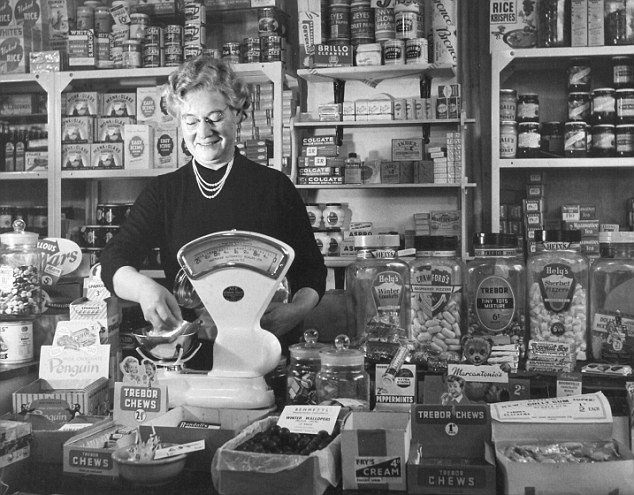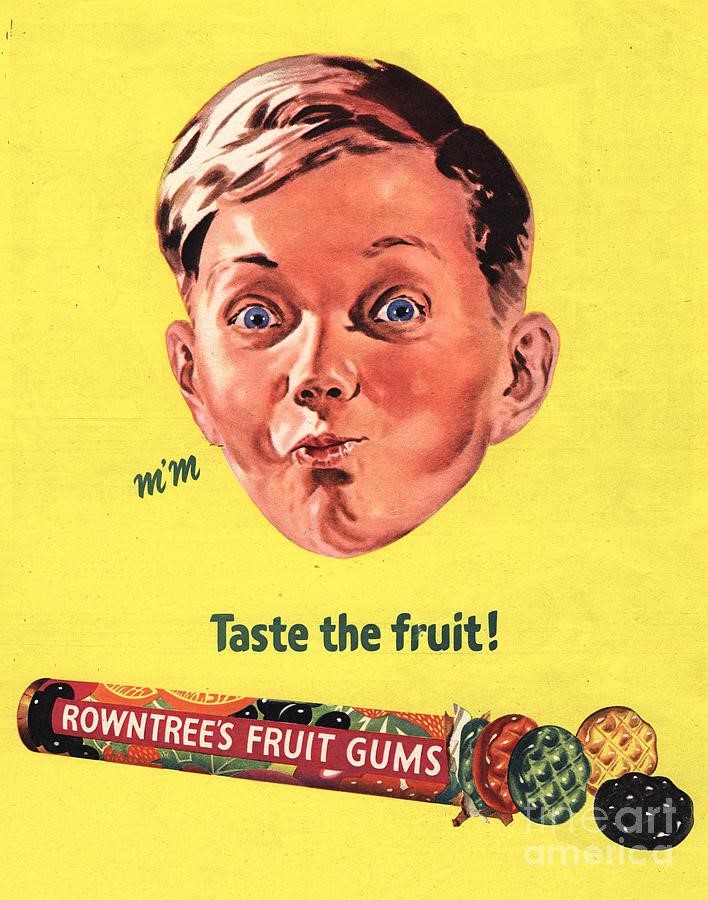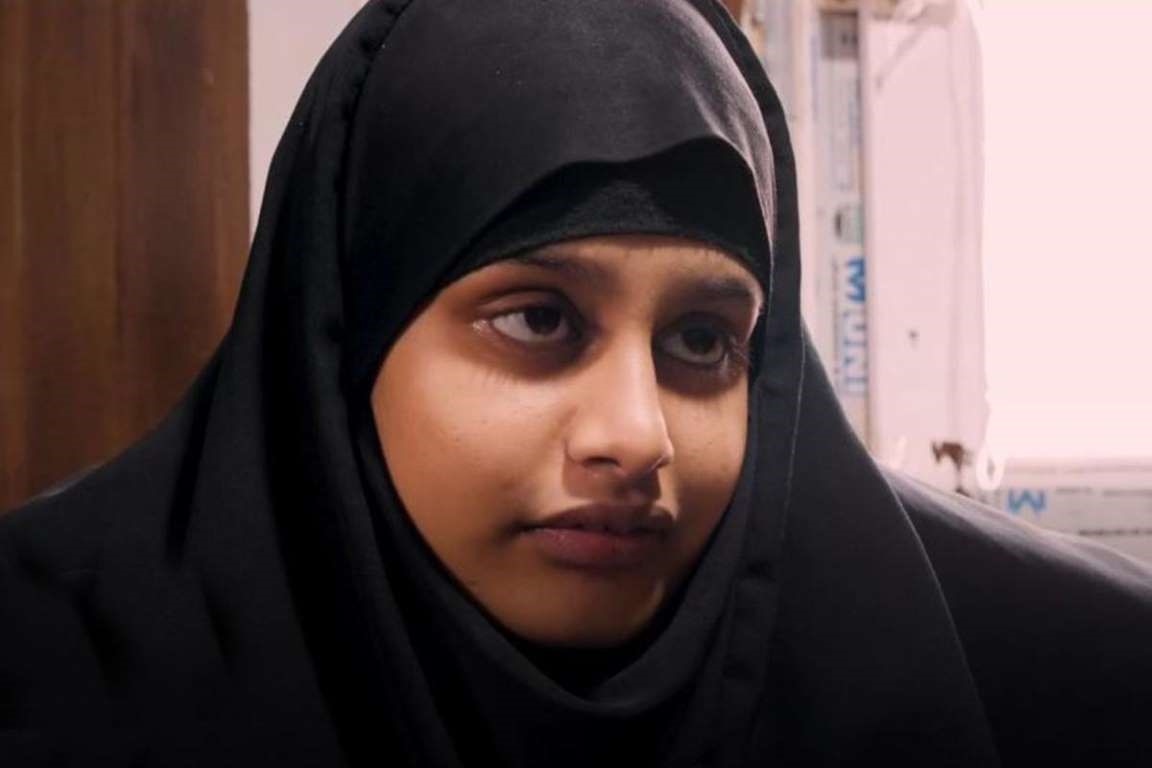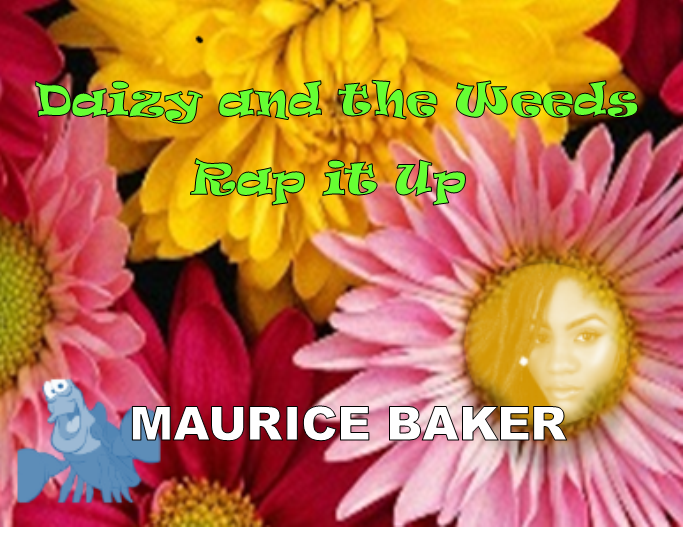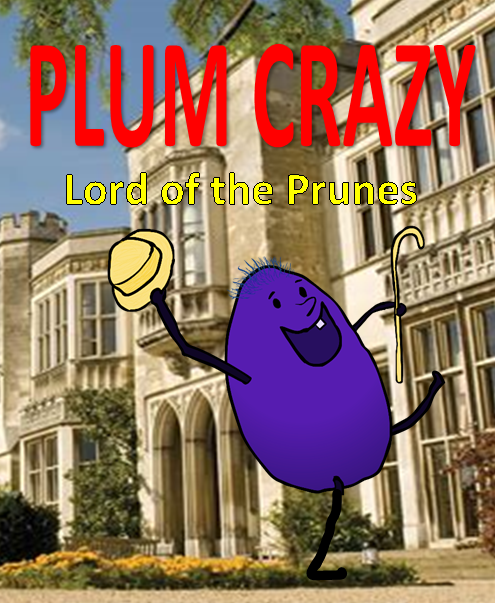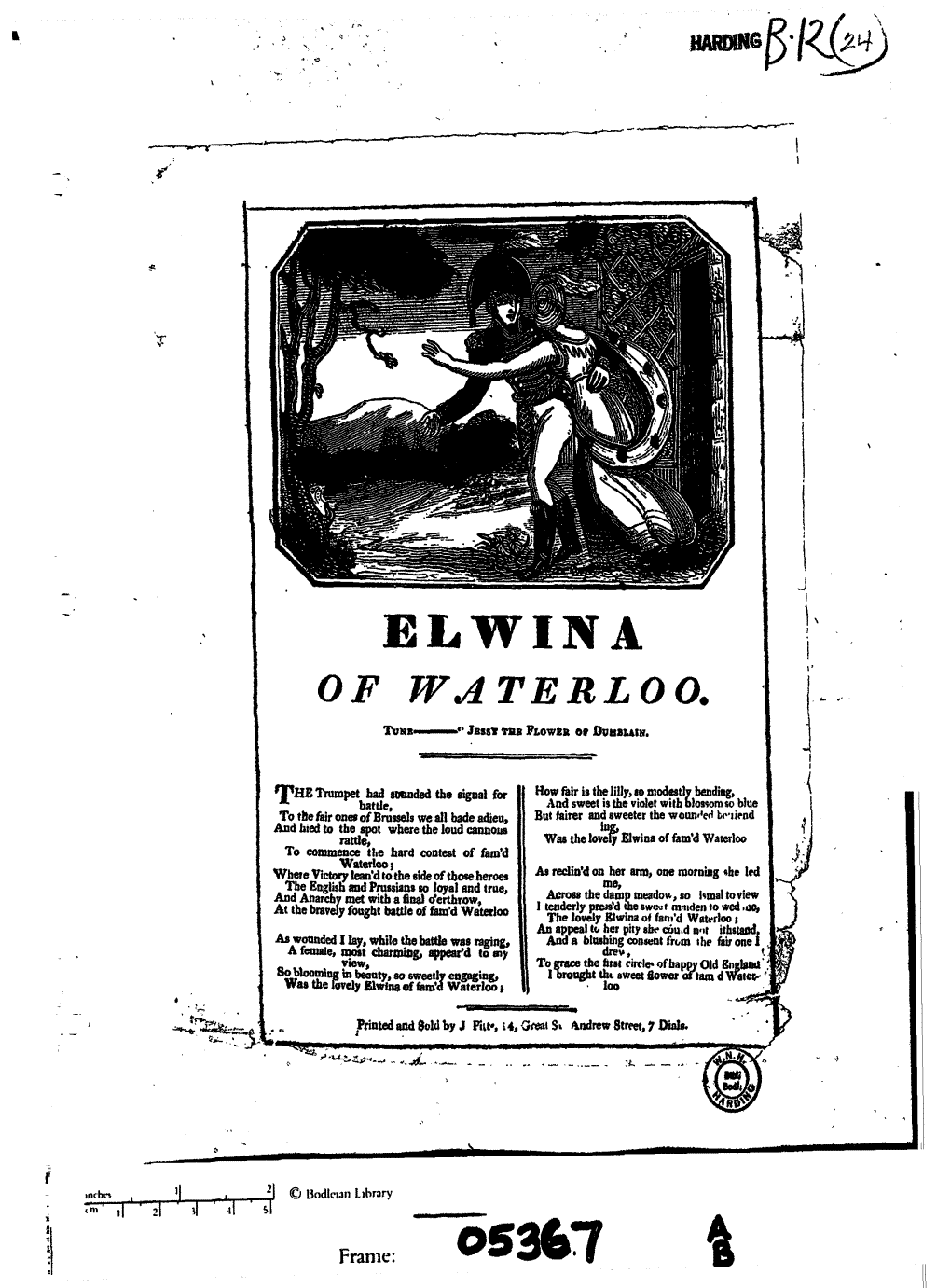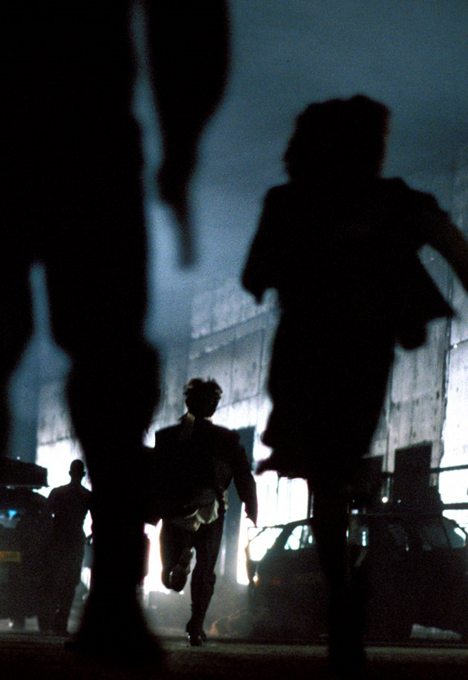I recall very clearly when rationing of sweets was removed in 1953. My mum gave my brother and I a few pennies to spend on the way home from school and of course we did. Though it wasn’t the branded items like chocolate bars and packets of sweets we bought but, to make our coppers go further we got gobstoppers, chews, liquorice, aniseed balls, etc. My song remembers those days and also the old money which meant, at school, working out sums in three columns with no calculators of course (but then we did learn out times tables by rote – a morning ritual).
‘All sorts of essential and non-essential foods were rationed, as well as clothing, furniture and petrol. Rationing of sweets and chocolate began on 26 July 1942.
The process of de-rationing began in 1948, but made slow progress until 1953. Then Food Minister Gwilym Lloyd-George made it a priority for his department.
As well as sweets, he took eggs, cream, butter, cheese, margarine and cooking fats off the ration books.
He de-rationed sugar in September 1953, partly as a result of pressure from sweet manufacturers, and finally ended rationing when meat was taken off the ration books in July1954.
The de-rationing of sweets had a dramatic effect on the confectionery market. Spending on sweets and chocolate jumped by about £100m in the first year to £250m – a year which, according to the confectionery industry, was “as dynamic as any in the industry’s history”.
Consumers in the UK now spend in excess of £5.5bn on confectionery each year.’ From the BBC website.
LOOSE CHANGE
Give us your money, give us your cash,
Ain’t no use if it all goes crash.
Bring ‘em back, pounds, shillings and pence.
Do you remember with half-a-crown,
You could have a good night out on the town,
And still have change for your bus fare home.
A packet of Woodbines, one-and-six,
And in the morning some Weetabix,
with a pint of milk delivered to your door.
Chorus:
Loose change, oh what fun,
counting the currants in a currant bun.
No more, rationing now. No rationing now
Give me your money, give me your dough,
The younger generation, well what do they know?
How many pennies were in a pound?
How many shillings, three-penny bits?
No calculators gotta use your wits.
Oh boy, those were the days.
Short pants and dirty knees,
Don’t make a fuss if you start to sneeze.
Eat your greens and be on your way.
Give me your money, your ten bob notes,
Credit cards, oh what a joke.
You’d be lucky with a two bob bit.
A penny gobstopper – some halfpenny chews,
On Saturday morning, you can’t lose,
Sherbet dips and a liquorice stick.
Sweet cigarettes and a lollipop,
We were in heaven believe it or not,
With pocket money – we made the best of it.

